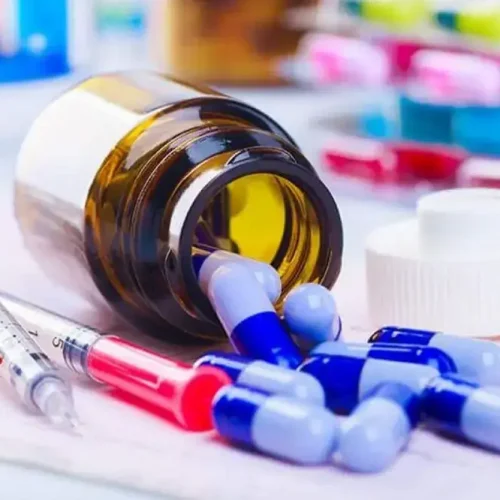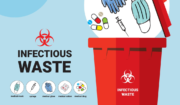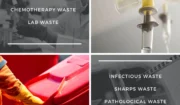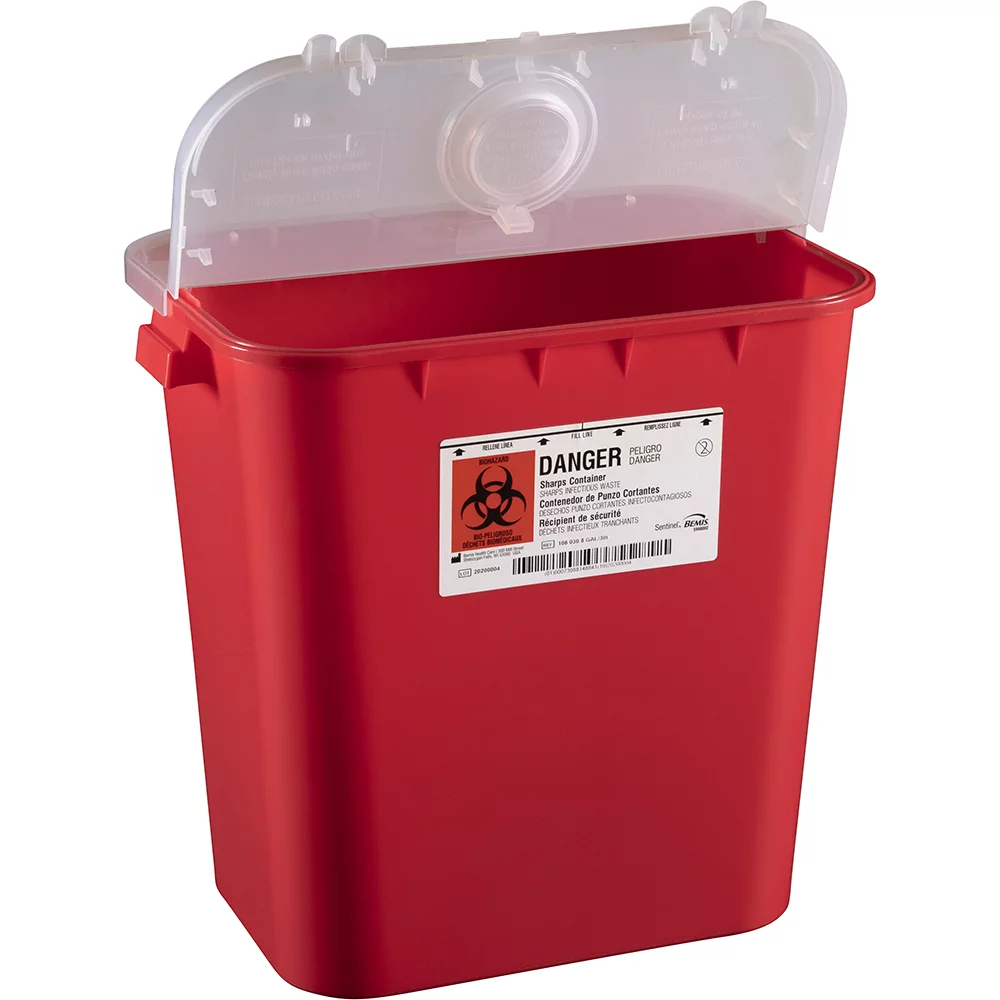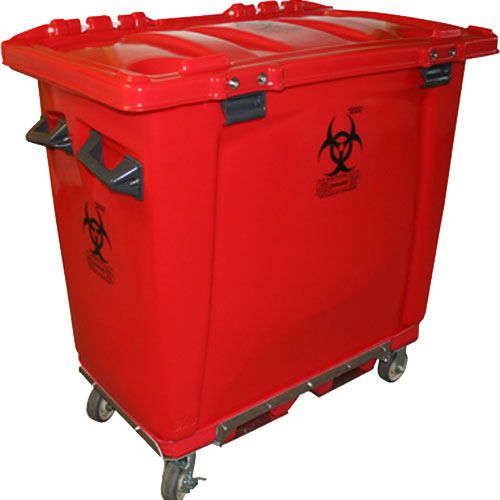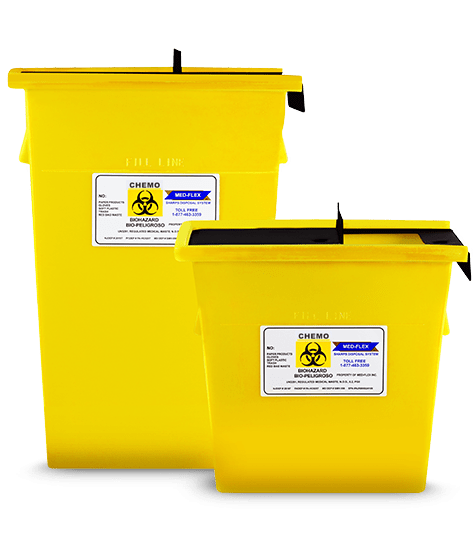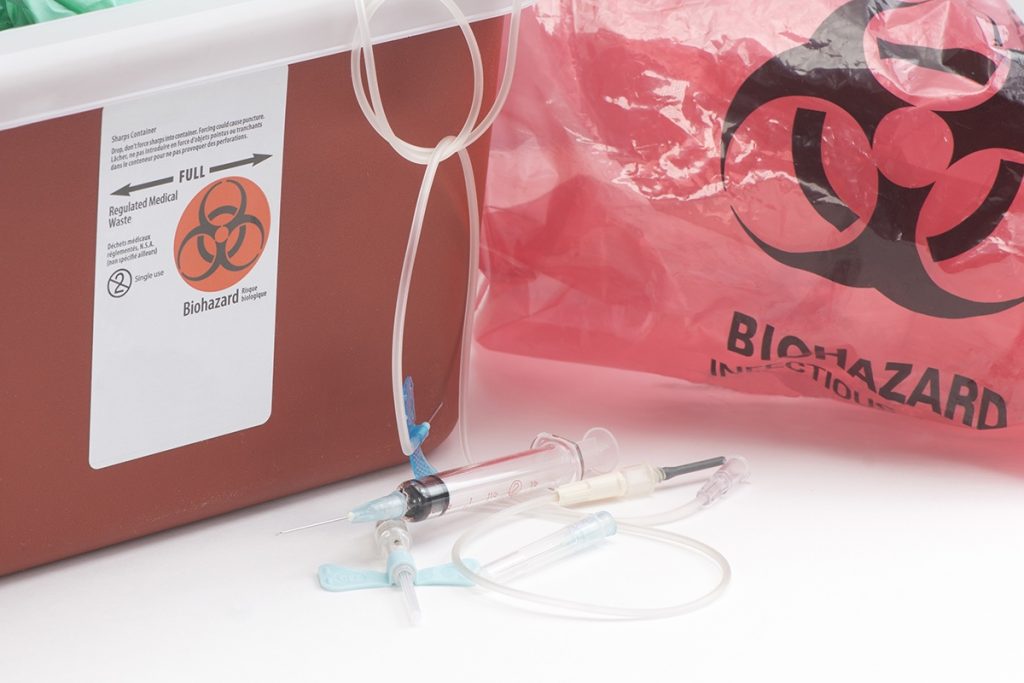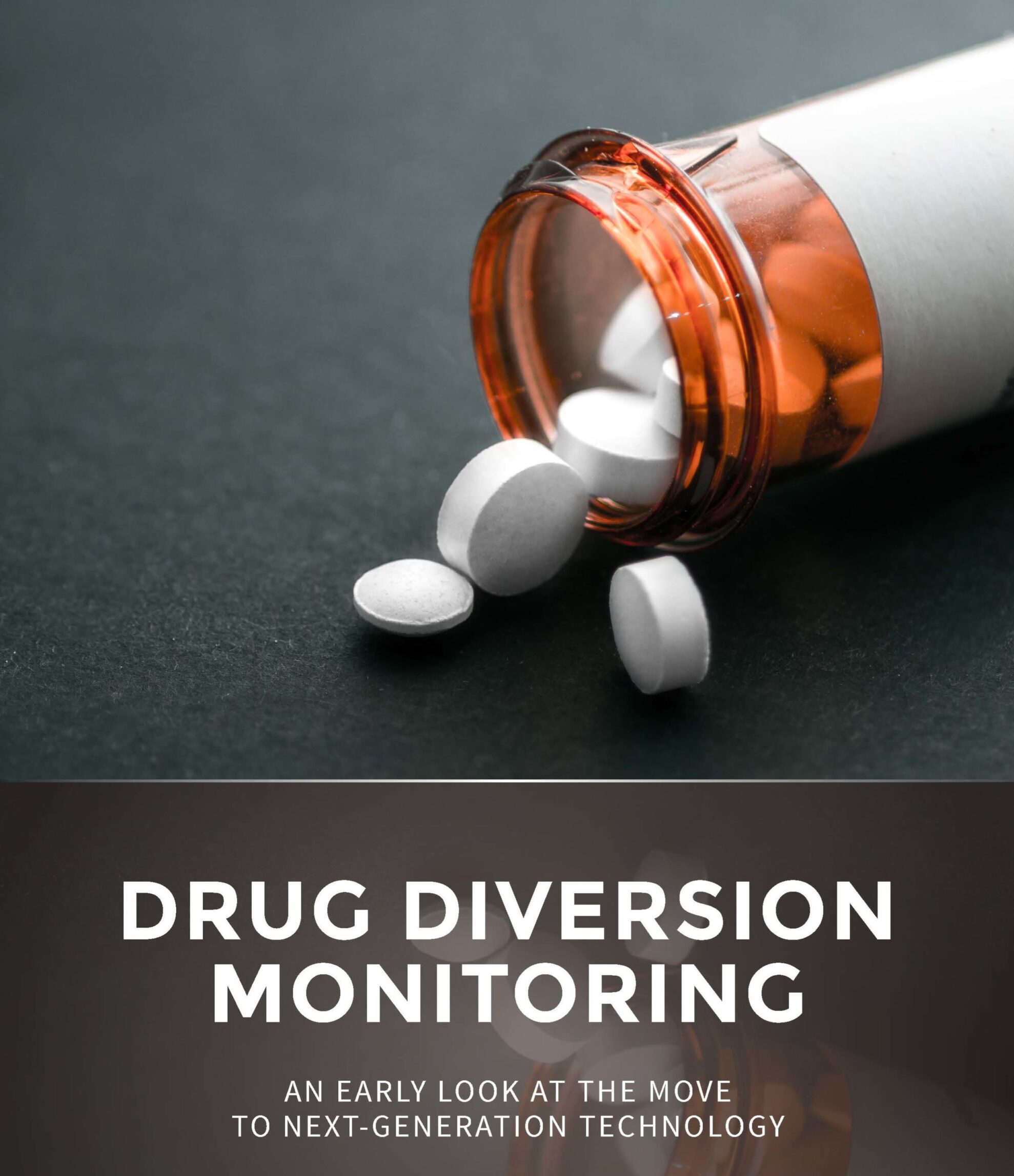FAQs
What types of medical waste are included in your services?
Secure Waste manages several types of medical waste, including:
Biohazard Waste: Items that could be contaminated with infectious agents, such as PPE, blood-soaked materials, and other potentially hazardous healthcare waste.
Sharps Waste: Disposal of needles, syringes, scalpel blades, and other sharp instruments that pose a risk of injury and infection.
Pharmaceutical Waste: This includes unused, expired, or hazardous medications that require careful handling to avoid environmental contamination.
Pathological Waste: Disposal of human tissues, organs, and other surgical specimens that require special handling.
Chemotherapeutic Waste: Safe disposal of waste generated from chemotherapy treatments, which can be hazardous and requires compliant handling.
Hazardous Waste: Non-medical items that are deemed hazardous to health or the environment and need to be disposed of properly.
- Are there any hidden fees associated with your medical waste disposal services?
No, Secure Waste operates with transparent pricing. There are no hidden fees or additional charges. Clients can expect clear and straightforward pricing that allows them to budget without unexpected costs.
- How can I schedule a medical waste pickup?
To schedule a medical waste pickup, you can choose one of the following options:
- Phone Call: Call Secure Waste at 877-633-7328 to speak directly with a representative who can assist you in scheduling a pickup.
- Online Request: Fill out our online request form for a pickup. This convenient service allows you to set up your appointment according to your specific needs.
- How do you ensure compliance with medical waste regulations?
Secure Waste ensures compliance through several measures:
Licensing and Certification: The company is licensed, bonded, and insured, adhering to all local and national regulations governing medical waste.
Experienced Team: With over 25 years of industry experience, the staff is well-versed in the latest compliance standards and best practices.
Regular Training: Employees receive ongoing training in appropriate medical waste handling procedures to stay compliant with evolving regulations.
Environmental Responsibility: The company uses eco-friendly disposal methods, ensuring that waste is managed safely without compromising regulatory requirements.
